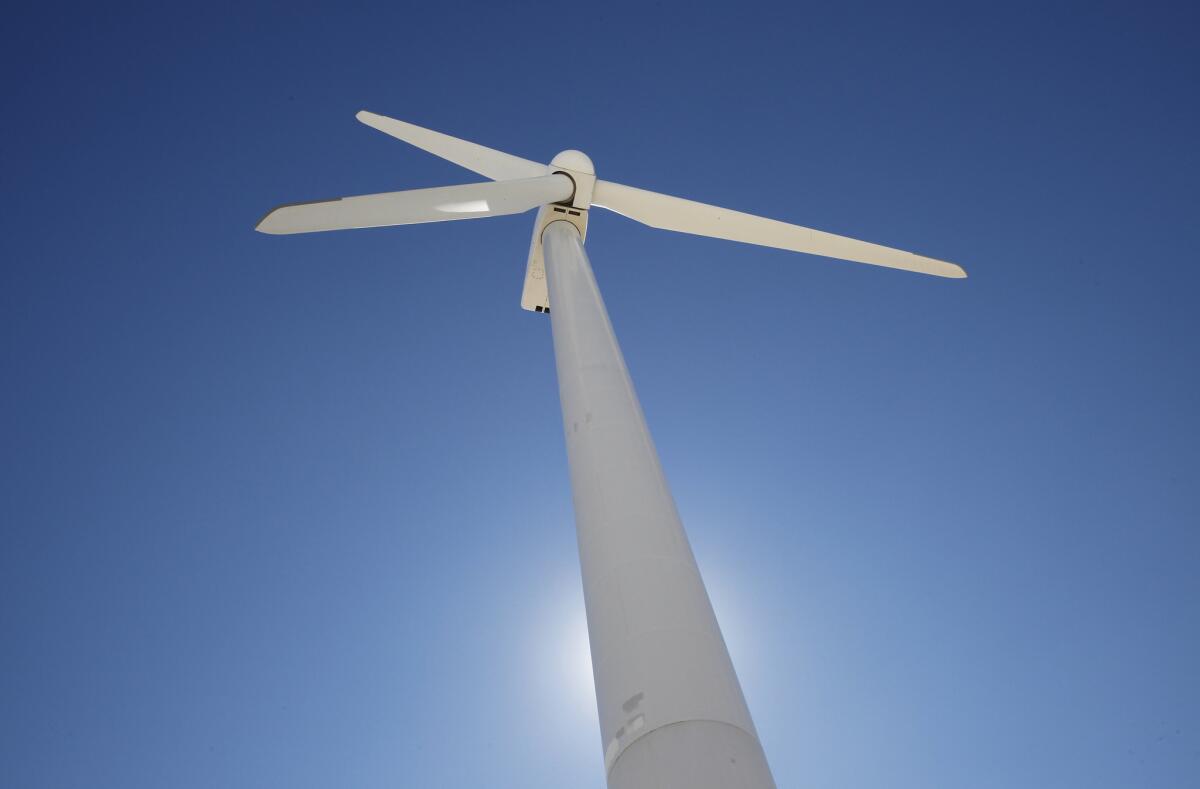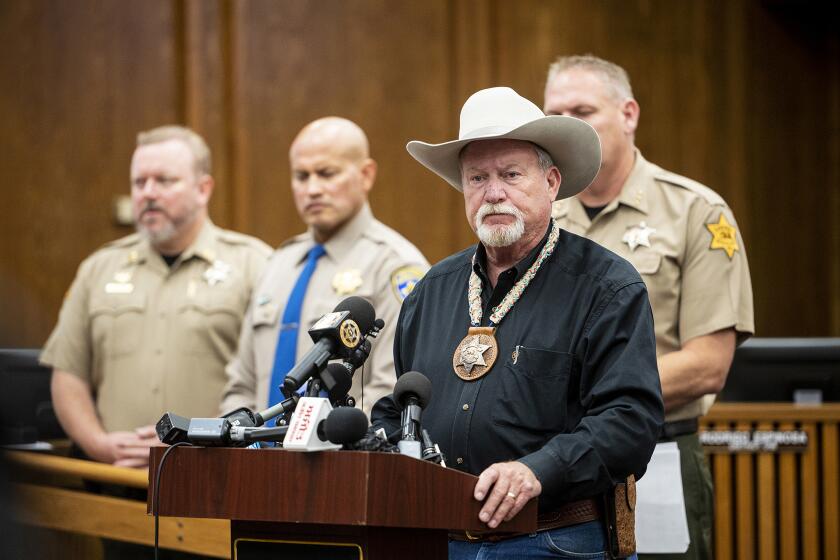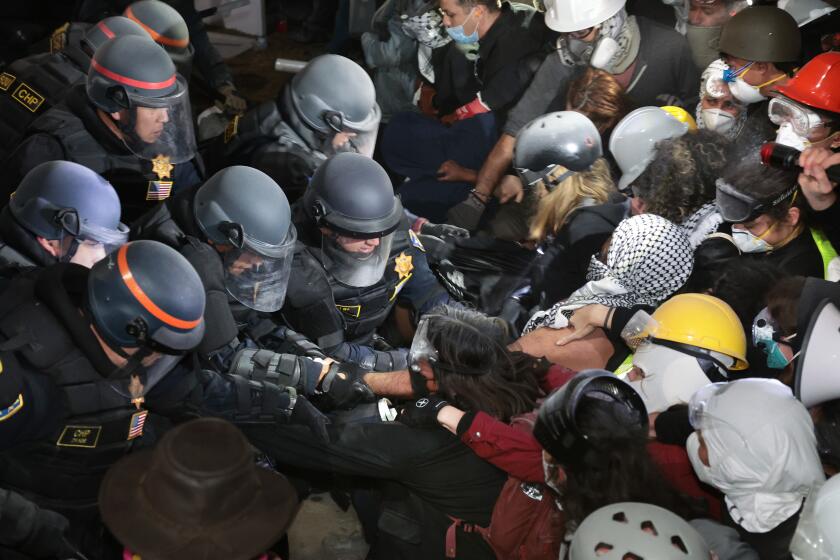Climate legislation in California is clearing hurdle with deal on energy plans

Senate leader Kevin de León, electrical utilities and the governor’s office are nearing an agreement on how proposed climate change legislation would increase the use of renewable energy in California, according to Capitol sources.
The sources, who declined to be identified before details are formally announced, said amendments would allow utilities more flexibility when purchasing electricity.
However, utilities won’t be able to count rooftop solar panels in their service areas toward renewable energy requirements, a change they had sought to the legislation.
The legislation, SB 350, still needs to be approved by the Assembly, then sent back to the Senate for another vote to confirm changes. If passed and signed by Gov. Jerry Brown, it would require the state to generate 50% of its electricity from renewable sources by 2030, an increase from the current target of 33% in 2020.
In a statement, Southern California Edison expressed support for the legislation, saying the utility “has reached agreement on key components” and “the updated bill is a positive step toward achieving the state’s clean energy and climate goals.”
Pacific Gas and Electric is also on board.
“California is appropriately recognizing the urgency of the environmental challenges facing our planet, as well as the value of our state’s example in setting and achieving aggressive targets on the road to a low-carbon energy future,” wrote Kent Kauss, the utility’s senior director for state government relations, in a letter.
More issues with the legislation, which was authored by De León (D-Los Angeles), remain unresolved. Brown wants to use the measure to lay the groundwork for transforming California’s electricity grid into a regional operation, making it easier to share renewable energy with other states.
Questions over that plan, such as how the grid would be managed, are still being negotiated, according to Capitol sources.
There’s also a heated debate over a separate part of the legislation that would require California to cut gasoline consumption in half by 2030. Opposition to that target, including fierce resistance from oil companies and skepticism among some Assembly Democrats, has proved to be the most difficult issue with the bill.
Follow @chrismegerian and @melmason on Twitter for more updates from Sacramento.
More to Read
Start your day right
Sign up for Essential California for news, features and recommendations from the L.A. Times and beyond in your inbox six days a week.
You may occasionally receive promotional content from the Los Angeles Times.








